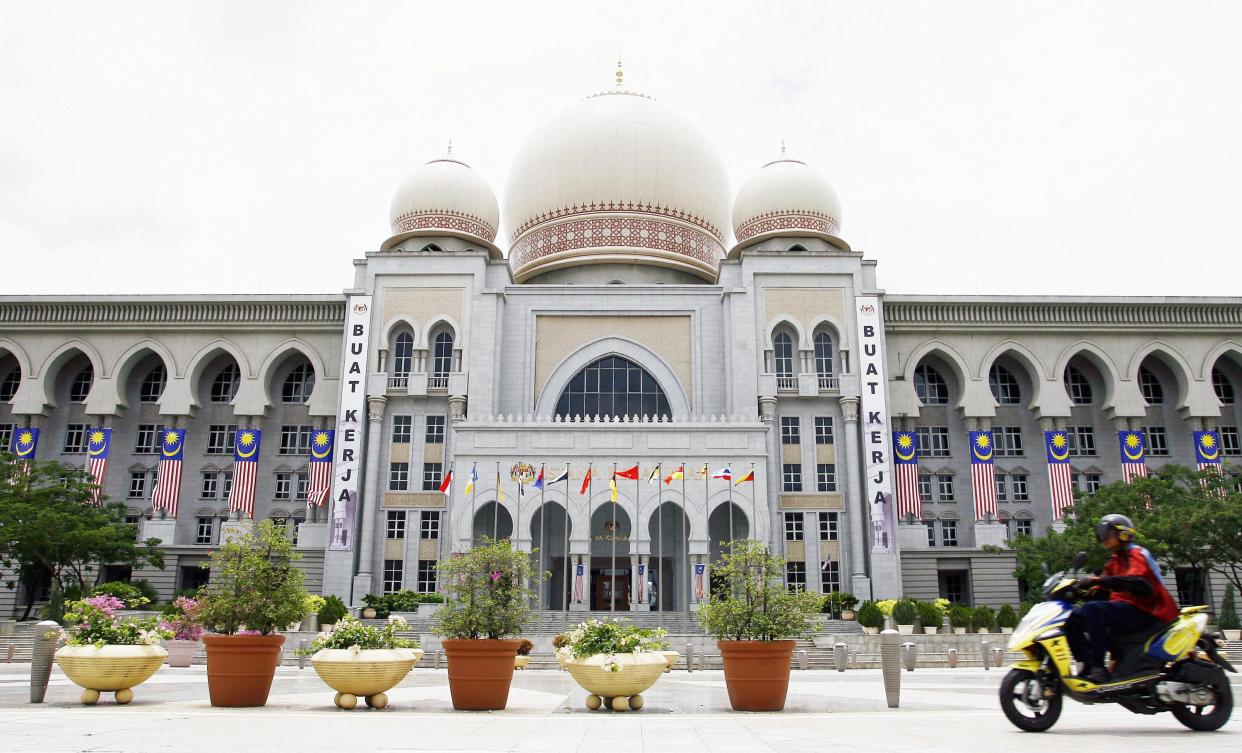State law banning gay sex is unconstitutional, Malaysia’s top court rules
Malaysia’s Federal Court has ruled that a state law banning same-sex relations is unconstitutional.
While the ruling doesn’t change a federal statute that criminalizes consensual same-sex conduct, the news was celebrated by LGBTQ and human rights activists as a “monumental progress for our community,” activist Numan Afifi said in a tweet.
“We are extremely pleased with this historic development,” Afifi, the founder of the LGBTQ rights group Pelangi Campaign, wrote.

Neela Ghoshal, associate director of the LGBT Right program at Human Rights Watch, tweeted that “the ruling leaves intact a federal statute criminalizing same-sex relations but brings relief to those who have faced persecution from religious enforcement agencies enforcing such state laws.”
The case was heard by the country’s top court after a man in his 30s, whose name hasn’t been disclosed, challenged an earlier ruling, which had convicted him for having gay sex in a private residence in 2018.
He was among 11 men who were arrested for allegedly attempting to engage in gay sex, after authorities raided the place.
Malaysia Federal Court yesterday ruled unconstitutional #Selangor state syariah law banning consensual same-sex conduct. Ruling leaves intact federal statutes against same-sex relations but brings relief from persecution by religious enforcement officers. https://t.co/x2iWoVpmO5
— Neela Ghoshal (@NeelaGhoshal) February 26, 2021
“The facts show that there was an attempt to carry out intercourse outside of the order of nature and that it was not in the early stages of preparation,” judge Mohamad Asri Mohamad Tahir said, Reuters reported at the time.
In November 2019, five men were convicted by a Malaysian religious court.
Four were sentenced to six months in jail and six strokes of the cane for the offense, and were also ordered to pay a fine of 4,800 ringgit ($1,180). One other man was sentenced to seven months in jail, a 4,900 ringgit fine ($1,200), and the same amount of cane strokes.
One man appealed the decision, arguing that Selangor state was not empowered to enact such law. On Thursday, Malaysia’s top court agreed.
According to Kuala Lumpur-based newspaper Malay Mail, a nine-judge panel “unanimously declared” that the Islamic provision used in the state of Selangor was unconstitutional, which gave authorities no power to enact the law.
